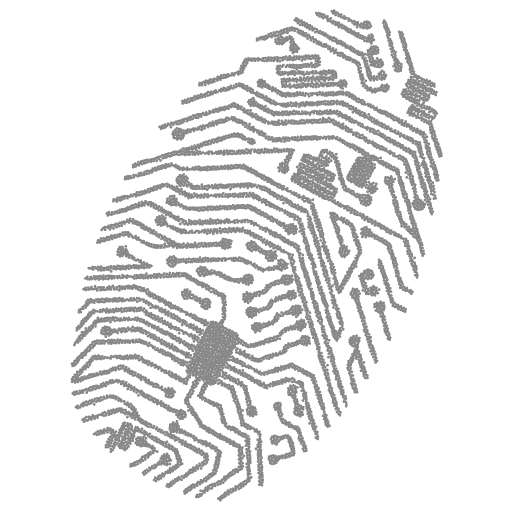The high costs of preparing a prospectus and the required intermediation of an investment firm have discouraged many companies from raising financing through a public offering. Given the low threshold (EUR 100,000) for the value of a public offering requiring publication of a prospectus, the obligations connected with public offerings have also had a negative impact on other methods of financing such as crowdfunding. The new regulations are aimed at relaxing the national requirements by raising the threshold to EUR 1 million and adjusting other regulations to this change.
new tech law blog

DSRC – vehicle-to-vehicle communication and data protection
Dedicated Short Range Communication (DSRC) is a system in which information is shared between vehicles (V2V) and between vehicles and infrastructure (V2I). In general, this technology is intended to aid the flow of anonymised information on driving conditions. It seems however that DSRC might also entail collection and processing of personal data.
Is blockchain to be regulated at international level?
As mentioned in the article on trends in blockchain regulation in 2018, 2018 will probably be remembered as the year in which blockchain began to be regulated in various areas. Public institutions are constantly floating new ideas in a number of different countries.
The measures taken by lawmakers and regulators do not solely reflect a wish to perform tasks such as ensuring financial stability, consumer and investor protection, and crime prevention. Legislators have evidently noticed that there may be true benefits to development of blockchain in their jurisdictions, such as assistance for the local innovation ecosystem, capital inflow, or the attracting of businesses and technological projects.
A limited liability company as a means of attributing legal personality to algorithms?
In a recent article I discussed possible solutions to the question of liability of algorithms for copyright infringement. The solution put forward some time ago by the European Parliament Committee on Legal Affairs is creating the status of electronic persons. This would mean that an algorithm, and not people responsible for the algorithm, would be directly liable for breaking the law.
An alternative, originally proposed in the US and subsequently analysed under Swiss, English, and German law, is use of equivalents of a Polish spółka z ograniczoną odpowiedzialnością (in the US a limited liability company and GmbH in Germany) as a legal vehicle for attributing legal personality to an algorithm. This would be a ‘memberless entity’.
Green light for autonomous vehicles in Poland?
The green light may have been given, but it is not glowing very brightly. Amendments to the Polish Road Traffic Law suggest a real possibility of self-driving cars becoming widely used in Poland. The new rules will allow roads to be used for testing autonomous vehicles. The act is also the first act in the Polish legal system to define an autonomous vehicle, which is a vehicle fitted with systems that control the vehicle’s movement and enable it to move without driver interaction, which a driver can take control over at any time (Art. 65k).
Proposal for crowdfunding regulation—part of the European Commission’s FinTech development strategy
Reports released by the Cambridge Centre for Alternative Finance leave no doubt that Europe has fallen a long way behind the United States and Asian countries in development of modern financial services. This is especially noticeable in crowdfunding. In Asia Pacific countries, this method generates more than USD 200 billion per year, but only some USD 8 billion in Europe. The proposed crowdfunding regulation is intended to change this by harmonising European laws and introducing a European passport for service providers operating crowdfunding platforms.







